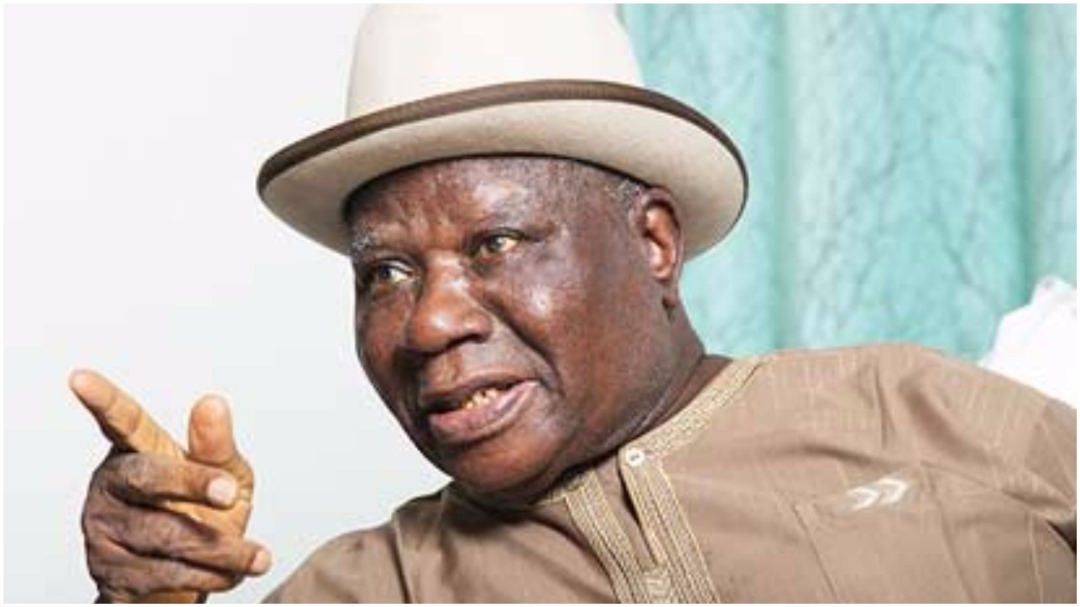The First Lady, Senator Oluremi Tinubu, has called for urgent action to combat gender-based violence as she joined the global observance of the International Day for the Elimination of Violence Against Women.
Her message, shared Monday on X, marked the beginning of the annual 16 Days of Activism Against Gender-Based Violence.
“Nearly one in three women worldwide experiences physical or sexual violence in their lifetime,” she said, highlighting the alarming scale of the issue.
She also pointed to the persistence of harmful practices such as child marriage and female genital mutilation in Nigeria, which are often justified by cultural or religious norms.
While acknowledging progress in tackling these issues, she emphasised that many women and girls, particularly in rural and underserved communities, remain trapped in cycles of violence and inequality.
“Many women and girls remain trapped in these cycles of violence and inequality,” she said, urging society to take decisive action.
PUNCH Online reports that the International Day for the Elimination of Violence Against Women, observed annually on November 25, was established by the United Nations General Assembly in 1999 to raise awareness of gender-based violence and mobilise global efforts to combat it.
The date was chosen in honour of the Mirabal sisters, political activists from the Dominican Republic who were brutally assassinated in 1960 under the Trujillo regime.
This day marks the beginning of the 16 Days of Activism Against Gender-Based Violence, a global campaign that culminates on December 10, International Human Rights Day.
Meanwhile, in the First Lady’s statement, she described collective action as crucial, stressing the importance of timely prosecution of perpetrators, increased support for survivors, and creating safer environments.
“We must take collective action across all sectors of society,” she urged.
Education was highlighted as a vital tool in breaking these cycles.
“Formal education for the girl child remains the key to liberating them and helping them make informed choices,” she stated, advocating for initiatives that ensure access to education for girls across the country.
Her message resonated widely among stakeholders and advocacy groups. Gender rights advocate Amina Yusuf praised her commitment to education, saying, “Her focus on education aligns with what we’ve seen in communities—empowered girls are better equipped to resist harmful practices.”
Others, like Chidi Nwosu, a legal expert, echoed her call for accountability.
“Prosecution of offenders and justice for survivors must go hand in hand with community-based preventive efforts,” Nwosu noted.
The First Lady concluded with a call to action for all Nigerians to challenge harmful behaviours and work toward a safer society.
“Let us work together to ensure a safer society where everyone, regardless of gender, can live without fear of violence,” she said.

 2 hours ago
1
2 hours ago
1















 English (US) ·
English (US) ·